This site is also available on:
Deutsch
In the current round of negotiations between the United Services Union (ver.di) and the German Travel Association – Collective Bargaining Association (DRV-T) on the evening of June 25, 2025 in Berlin, no agreement was reached again.
These negotiations are of great relevance to workers in the tourism industry, as they are taking place after a long six-year hiatus. This hiatus is due, on the one hand, to inadequate agreements reached in the 2018 and 2019 negotiations, and, on the other, to the global impact of the COVID-19 pandemic, which has hit the industry hard. Against this backdrop, ver.di’s current demand, which includes both a one-off payment and salary increases, is of great importance.
Ver.di has made significant concessions in the negotiations, demanding, among other things, a one-time payment of €1,000. This is intended to compensate for the period without salary increases since January 1, 2024. It is also demanding an increase in all wages in two phases: In the first phase, a fixed amount of €200 will be added to current salaries. In the second phase, the union is demanding a three percent increase starting January 1, 2026. The proposed term for this new collective agreement is scheduled to run until June 30, 2026.
ver.di: No agreement at any price
Sonja Austermühle, the lead negotiator for ver.di, emphasized that the union’s offer represents a sign of its willingness to reach an agreement. However, she made it clear that ver.di will not accept a settlement at any price. Her demand reflects the desire not only to cover employees‘ current living costs, but also to adequately reward the qualifications, skills, workloads, and performance of employees in the travel industry. This argument is strong and supports the union’s commitment to advocating for the rights and interests of employees.
On the other hand, the employers presented a recently revised offer that provides for a 2.5 percent increase in current salaries, with at least €100 to be paid starting September 1, 2025. In addition, an additional two percent increase is to be granted in the tour operator sector and one percent in the travel agency sector starting July 1, 2026. In addition, there is a performance-related bonus of three percent for sales employees, which, however, only applies in conjunction with the duration until May 31, 2027.
The previous legal framework and the historical pricing policies in the travel industry ultimately led to the complex situation that is now to be resolved in negotiations. It is important that employers recognize the increasingly noticeable financial burden on employees, even after the pandemic, in order to reach a viable and fair agreement.
Tourism industry: Demand for increase of 19.5 percent
With regard to the 2018 salary scale, ver.di had originally demanded that salaries and trainee allowances be increased by 19.5 percent, or at least by a gross amount of €550. These demands are particularly contextualized by the economic challenges facing the industry and the unchanged cost of living, which is placing a particular burden on many employees.
The negotiations are a significant step toward establishing a new collective bargaining agreement in the travel industry. Such an agreement would not only improve employees’ wages but could also send a signal to the entire industry, which is striving for a return to normality. With a new collective bargaining agreement, the union hopes not only to improve working conditions but also to strengthen the position of employees in a highly competitive market.
Next round of negotiations follows
The next round of negotiations is scheduled for June 27, 2025, and will continue digitally. It remains to be seen whether an agreement can be reached at this meeting or whether negotiations will remain difficult. The inputs and demands of both sides demonstrate the potential for a constructive solution, but it requires a willingness of all parties to engage with one another.
In summary, the current state of negotiations is a tense situation, with both the potential for progress and the possibility of further complications. The interests of workers must be protected in the upcoming talks to not only provide short-term incentives but also achieve long-term improvements for the entire industry.


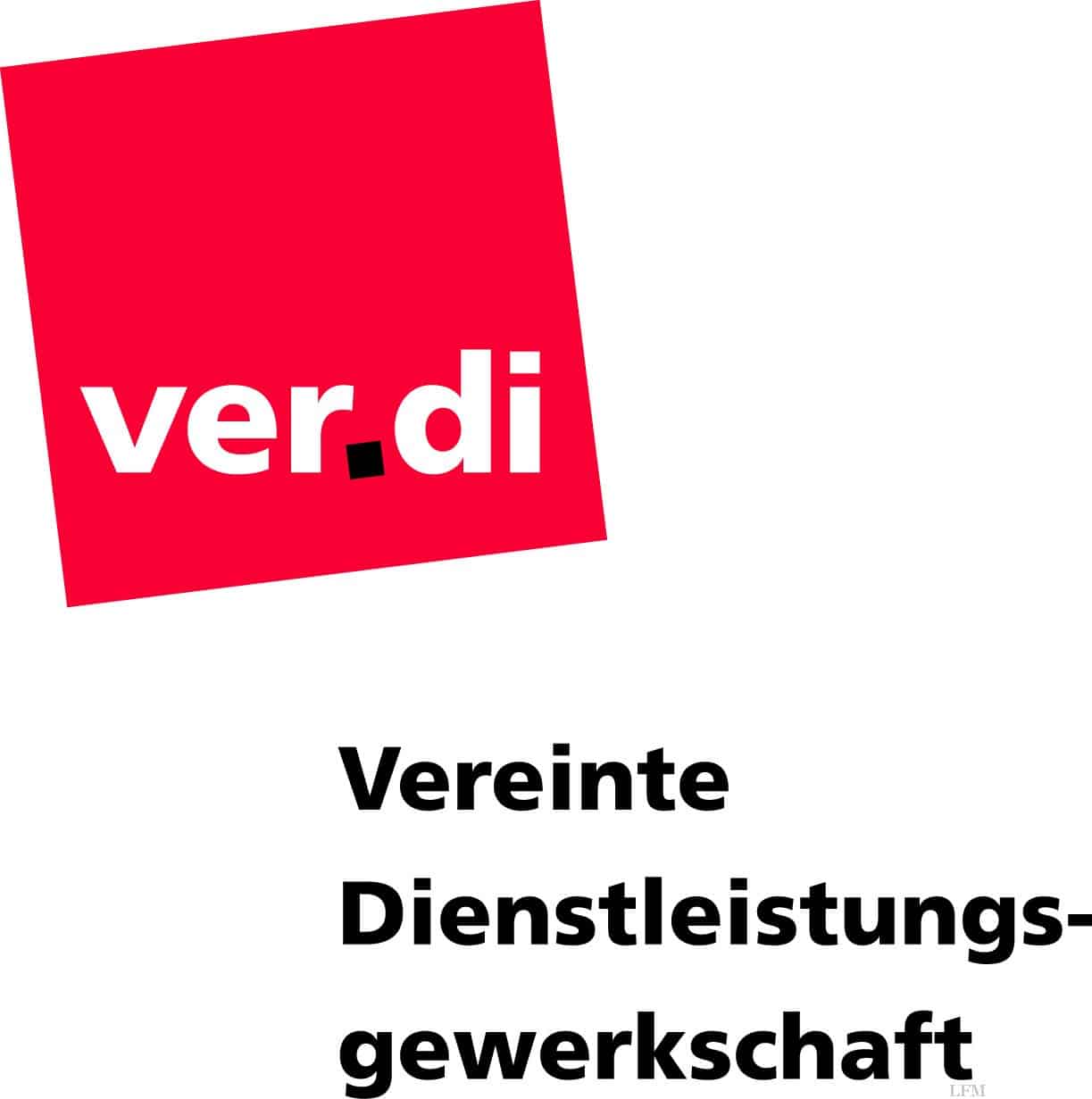 ver.di integrates TGL and strengthens aviation presence (ver.di integrates TGL and strengthens aviation presence)
ver.di integrates TGL and strengthens aviation presence (ver.di integrates TGL and strengthens aviation presence)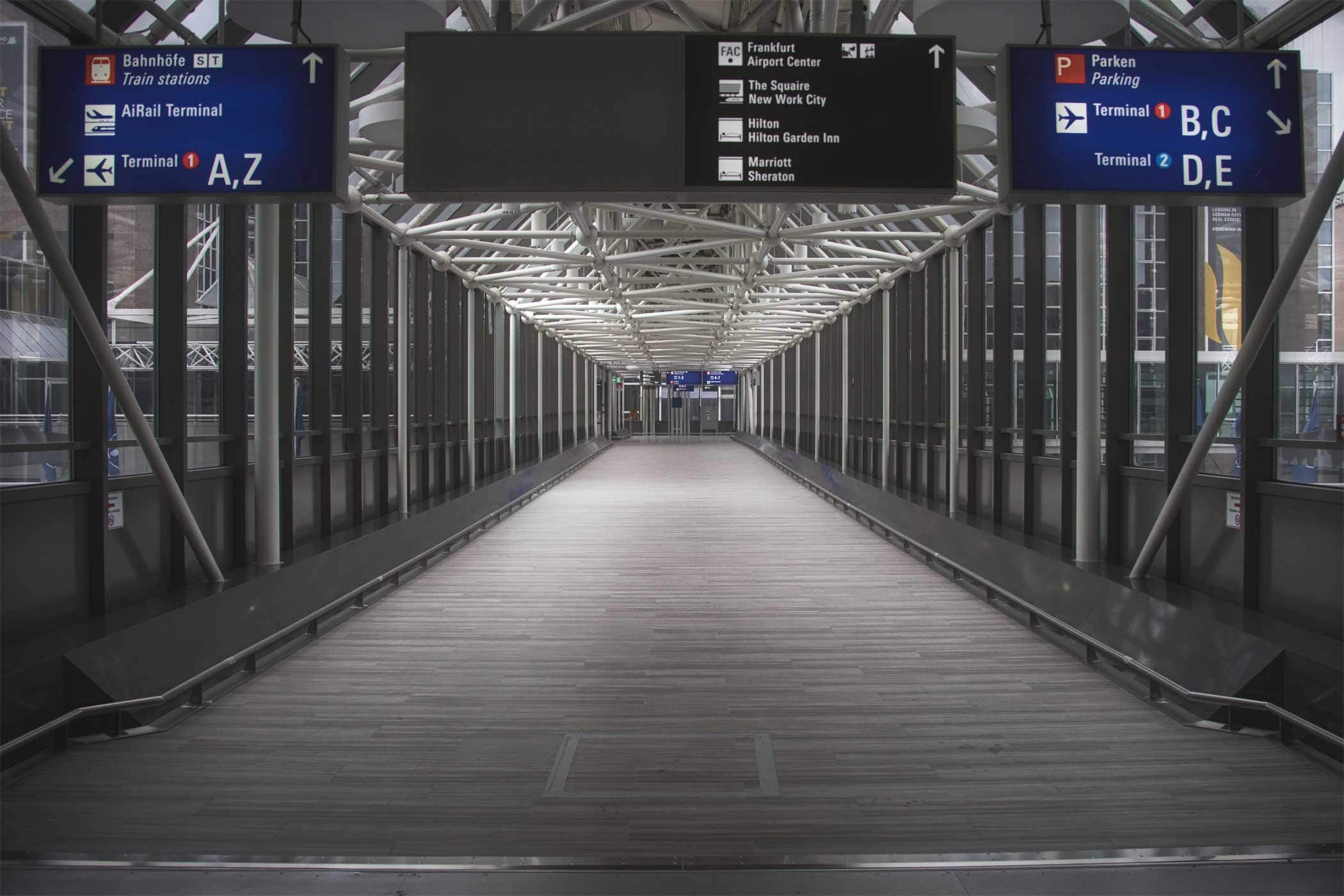 ver.di announces warning strikes at airports – The background (ver.di announces warning strikes at airports – The background)
ver.di announces warning strikes at airports – The background (ver.di announces warning strikes at airports – The background)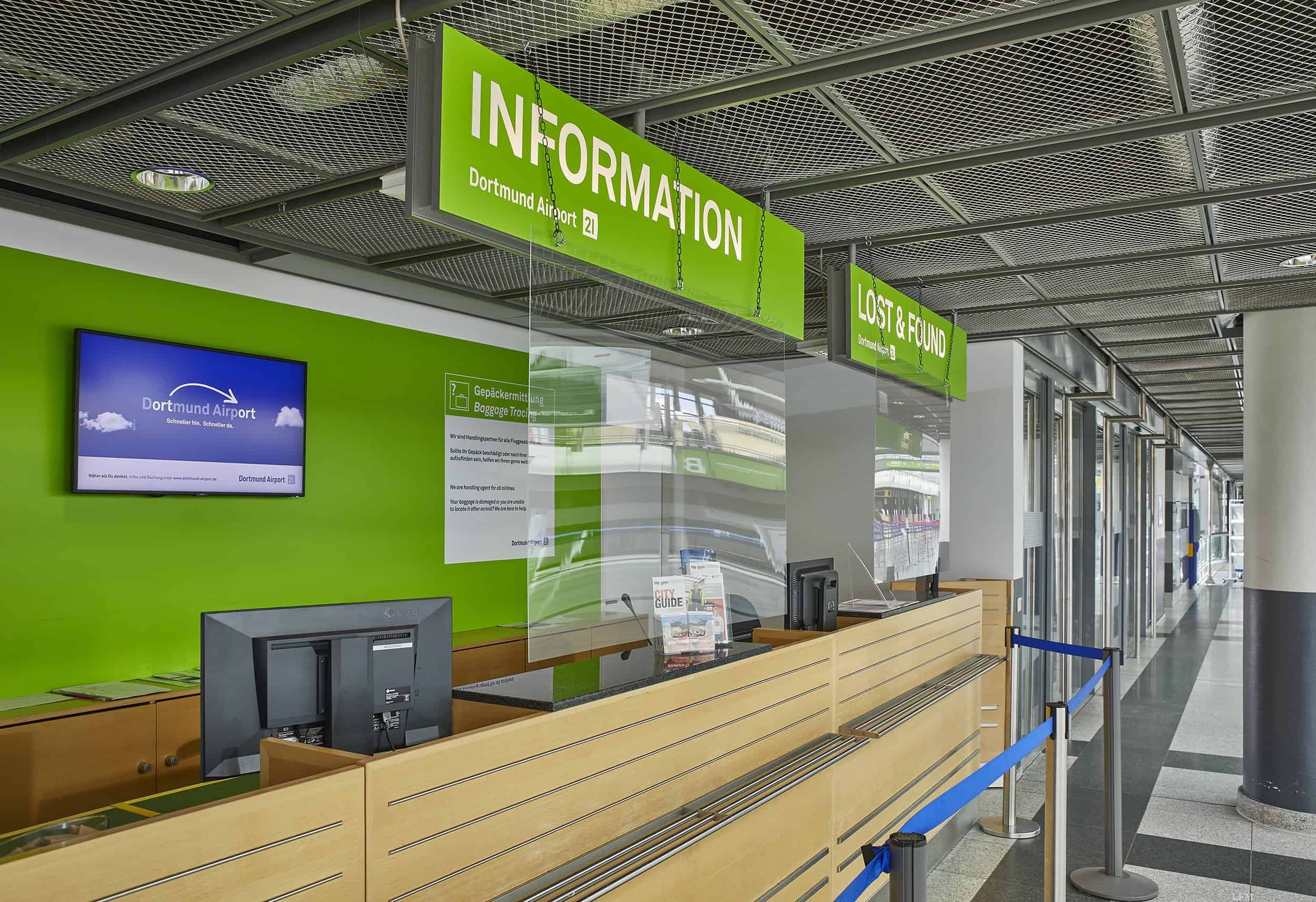 Union ver.di calls for strike at Dortmund Airport (Union ver.di calls for strike at Dortmund Airport)
Union ver.di calls for strike at Dortmund Airport (Union ver.di calls for strike at Dortmund Airport)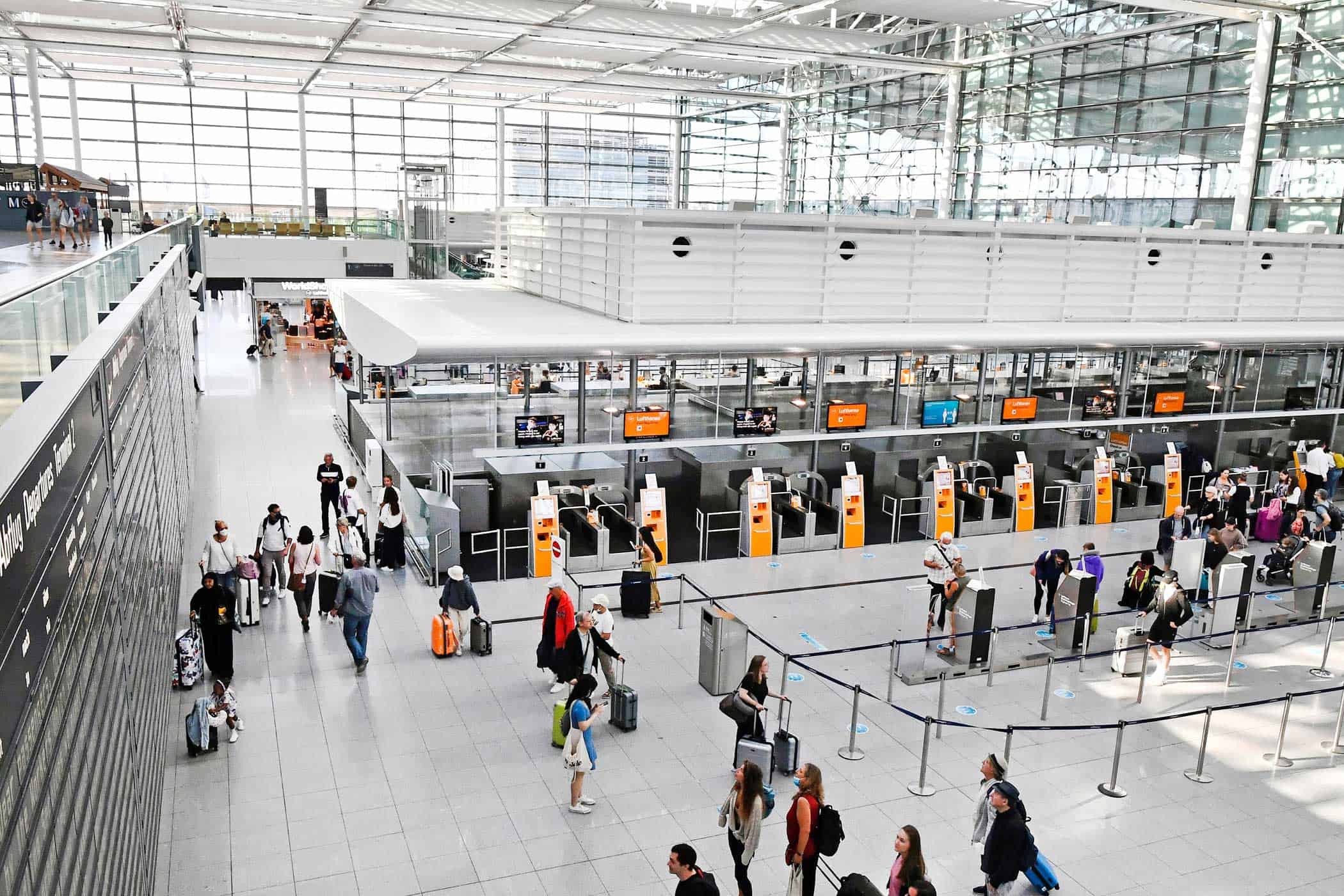 Strike announced at Munich Airport (Strike announced at Munich Airport)
Strike announced at Munich Airport (Strike announced at Munich Airport)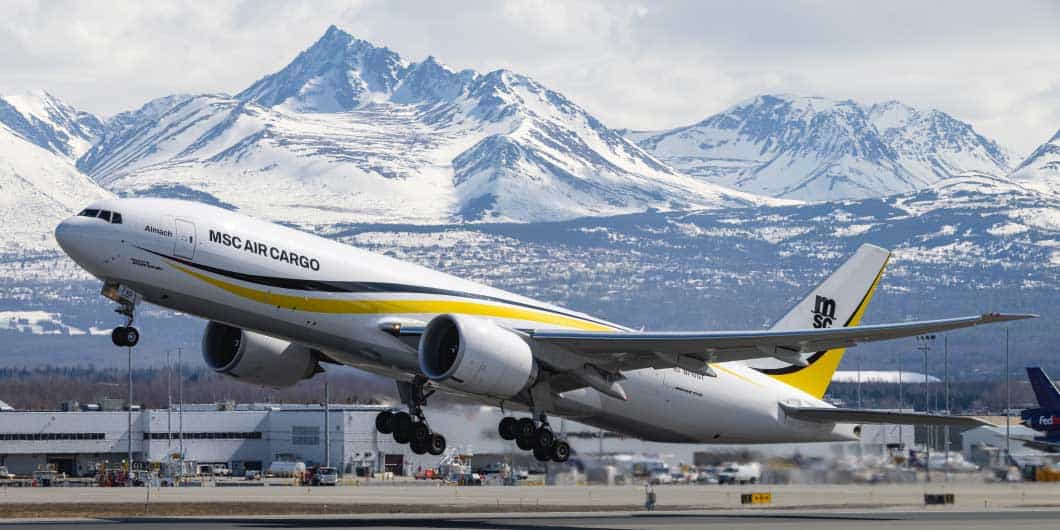 MSC Air Cargo strengthens the BARIG air freight division as a new member (MSC Air Cargo strengthens the BARIG air freight division as a new member)
MSC Air Cargo strengthens the BARIG air freight division as a new member (MSC Air Cargo strengthens the BARIG air freight division as a new member)


















